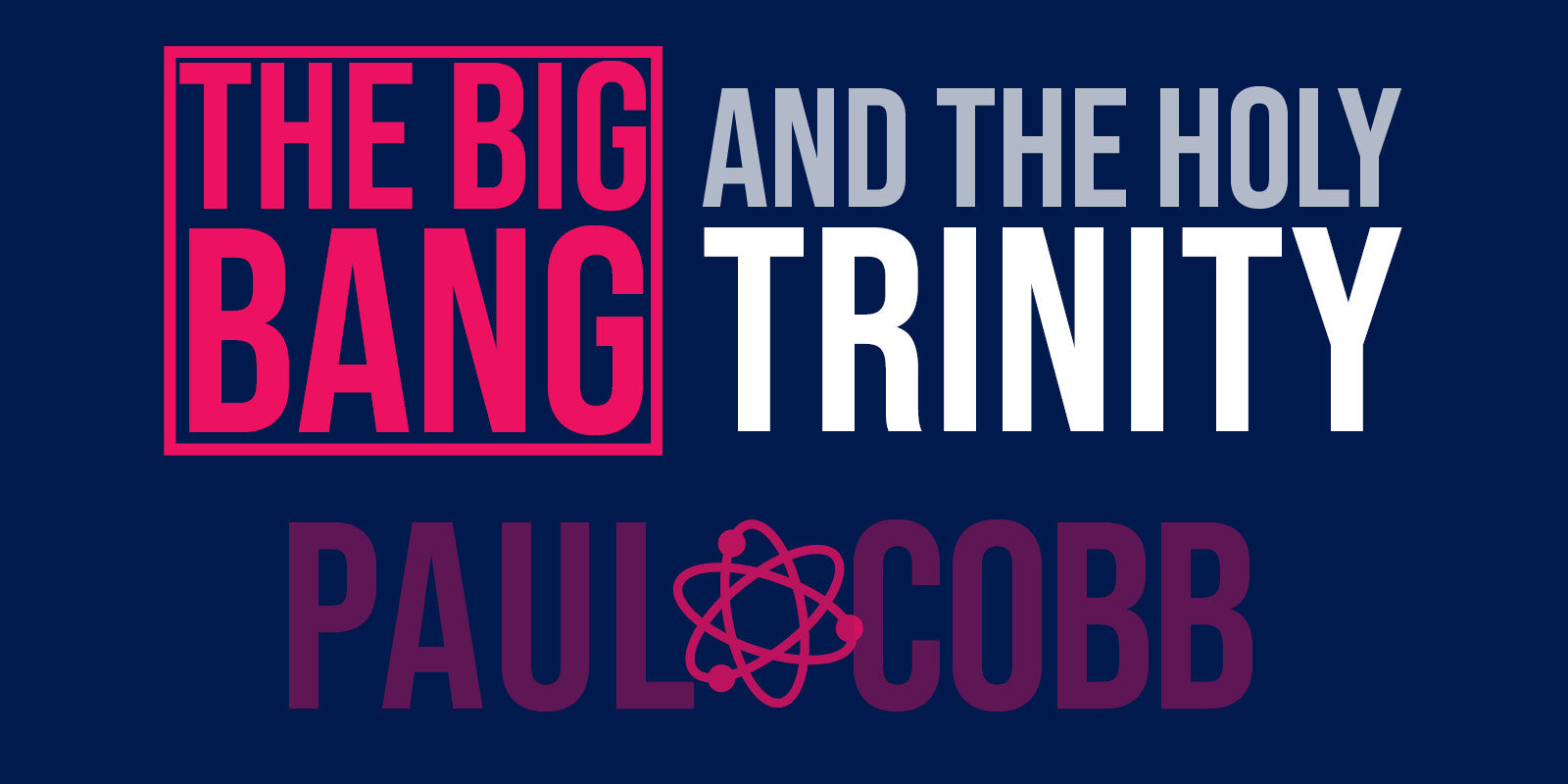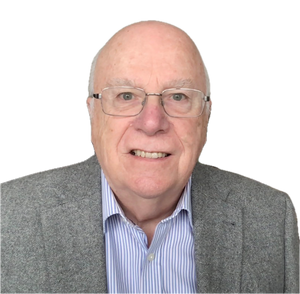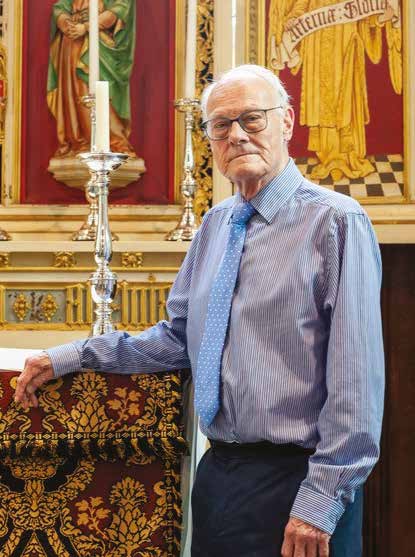Are Science and Christianity working together to unlock the mysteries of the temporal and spiritual, or are they observing an uneasy truce based on rigid demarcation lines? Paul Cobb, author of The Big Bang and the Holy Trinity, considers this question.
In his poem “Man dreame no more of curious mysteries”, the Elizabethan writer and statesman Fulke Greville warns that humankind’s logical search for God is not only vanity but positively dangerous..…
Man, dreame no more of curious mysteries,
as what was here before the world was made,
the first mans life, the state of paradise,
where heaven is, or hells eternal shade,
for gods works are like him, all infinite;
and curious search, but craftie sinnes delight.From sonnet LXXXVIII, Fulke Greville, Baron Brooke (1554–1628)
Greville’s warning certainly hasn’t deterred subsequent generations of philosophers, poets and theologians from seeking the transcendental, a search which reflects a basic human desire to acquire knowledge of the spiritual from the temporal. Douglas Adams, in his five-part trilogy The Hitchhiker’s Guide to the Galaxy, brilliantly uses the genre of comic science fiction to parody humankind’s search for meaning in life, or what he called “the answer to the ultimate question of life the universe and everything”. Adams’ protagonists sought the answer in Artificial Intelligence, and this required the building of larger and yet larger computers. The computer “Deep Thought”, the size of a small city, did come up with an answer after seven and a half million years of calculation, and I’ll not spoil it for those who haven’t read the books by giving it away.
 The search for knowledge of the immensity of the universe displayed in the skies and the wonders of the natural world began as a religious enquiry as the great thinkers of ancient times perceived the hand of a powerful, transcendent creator in all this. They sought meaning in the awe-inspiring stage on which human lives were played out, and in the magnificence and menace of their daily existence. Creation myths arose from a religious response to the created world as it was observed and experienced, and these were eventually written down in the scriptures of world religions. The book of Genesis claims God as the creator on behalf of the Abrahamic faiths. God was perceived as a transcendent being, but also personal and accessible by prayer.
The search for knowledge of the immensity of the universe displayed in the skies and the wonders of the natural world began as a religious enquiry as the great thinkers of ancient times perceived the hand of a powerful, transcendent creator in all this. They sought meaning in the awe-inspiring stage on which human lives were played out, and in the magnificence and menace of their daily existence. Creation myths arose from a religious response to the created world as it was observed and experienced, and these were eventually written down in the scriptures of world religions. The book of Genesis claims God as the creator on behalf of the Abrahamic faiths. God was perceived as a transcendent being, but also personal and accessible by prayer.
Science, an approach that requires observations and systematic experimentation, provides another mode of enquiry into the big questions of life. It has its roots in the thoughts of the pre-Socratic philosophers of the sixth century BCE, but modern science is normally dated from the late sixteenth century CE, with Galileo Galilei as its ground breaker. The spectacular success of the scientific method in its predictions and its revelation of the fundamental laws that govern the observable universe brought it into an unnecessary conflict with the Christian Church. Galileo himself spent the last part of his life under house arrest, after the Inquisition found him guilty of promoting ideas such as Copernican heliocentricity, that were considered contrary to Holy Scripture.
The Christian Church remained wary of science throughout the Age of Enlightenment and into the nineteenth century, where the work of Charles Darwin and Alfred Russel Wallace on the theory of evolution by natural selection caused another controversy between leading Church figures and the scientific community.
More recent history has largely dismissed the old-fashioned views in the Church that science and religion are rivals in explaining the ultimate truth. This is due the excellent work of accessible scientists and theologians like John Polkinghorne, Keith Ward, David Wilkinson and many others. However, the monumental scientific discoveries of the last few centuries have led to a certain secular arrogance in the scientific community, and to the belief that science will one day provide all the answers. Even among those who acknowledge the hand of a higher power in the origin and the ultimate fate of the universe there is a view that science and theology are looking at different things, and their findings are irrelevant to the other discipline—or, in the terminology of Stephen Jay Gould, they are non-overlapping magisteria.
As a career scientist and a Lay Anglican Minister, I have come to the view that science and religion are mutually- enriching. My new book, The Big Bang and the Holy Trinity, shows how science can shine a light on the scriptures that reveals the deep truths they contain. It brings new insights into some of the difficult doctrines that the Church has adopted, such as the concept of one God in three Persons—The Holy Trinity, and challenges some of Christianity’s shakier metaphysical constructs. I also present a challenge to science to look up from its microscope and embrace the greater reality of human existence.
Footnote: Fulke Greville was, by contemporary accounts, a sombre old stick, but lovers of Tudor polyphony should hear, Man dreame no more ethereally set to music by Martin Peerson.
I’m not saying that my book provides the Answer to the Ultimate Question ... or am I? Copies of The Big Bang and the Holy Trinity are available in paperback and from most e-book retailers. Get yours now!










